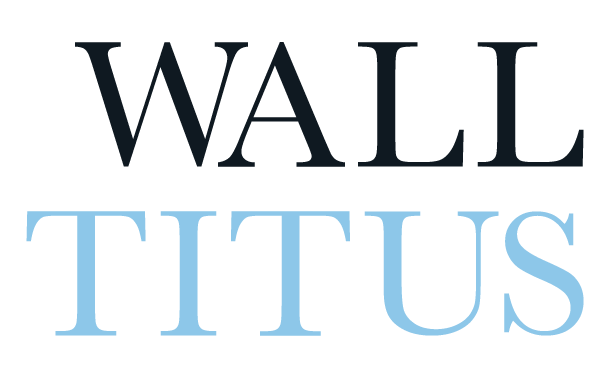You have asked us about the tax consequences of the Paycheck Protection Program (PPP) loans you have taken out in connection with the coronavirus (COVID-19) crisis that were subsequently forgiven. An eligible recipient may have a PPP loan forgiven in an amount equal to the sum of the following costs incurred and payments made during the covered period: (1) payroll costs; (2) interest (but not principal) payments on any covered mortgage obligation (for mortgages in place before Feb. 15, 2020); (3) any payment for any covered rent obligation (for leases that began before Feb. 15, 2020); (4) covered utility payments (for utilities that were turned on before Feb. 15, 2020).
Covered period. Your covered period would normally have been the 24-week period beginning on the date you took out the loan (and ending no later than Dec. 31, 2020, if that was before the expiration of the 24-week period). If you received a PPP loan before June 5, 2020, you could elect a shorter 8-week covered period. If you did not elect the 8-week period and instead used the longer 24-week period, you had to maintain payroll levels for the full 24 weeks to be eligible for loan forgiveness. If you didn’t make an election, the 24-week period applies. An eligible recipient seeking forgiveness of indebtedness on a covered loan must verify that the amount for which forgiveness is requested was used to retain employees, make interest payments on a covered mortgage obligation, make payments on a covered lease obligation or make covered utility payments.
Cancellation of indebtedness income. The reduction or cancellation of indebtedness generally results in cancellation of debt (COD) income to the debtor. However, the forgiveness of PPP debt is excluded from gross income. Tax attributes are not reduced on account of this exclusion. Expenses paid with PPP loan proceeds. IRS has said that expenses paid with proceeds of PPP loans are nondeductible because the loans are forgiven without the debtor having taxable COD income, so the proceeds are, in effect, tax-exempt income. Expenses allocable to tax-exempt income are nondeductible, because deducting the expenses would result in a double tax benefit. However, IRS’ position on this issue has been heavily criticized and key members of Congress have said that the denial of the deduction for these expenses is inconsistent with legislative intent that forgiveness of PPP loans be a nontaxable event. Congress may pass new legislation directing IRS to allow deductions for expenses paid with the proceeds of PPP loans.
Please contact our office with any further questions you might have on PPP loan forgiveness.
Investment Advisory Services provided by Wall Advisors, Inc a Registered Investment Advisor. The opinions expressed herein are those of Wall Advisors, Inc and Ned David Research and are subject to change without notice based on market conditions and economic changes. This commentary is for educational purposes only and should not serve as financial advice or an offer to sell any product.
